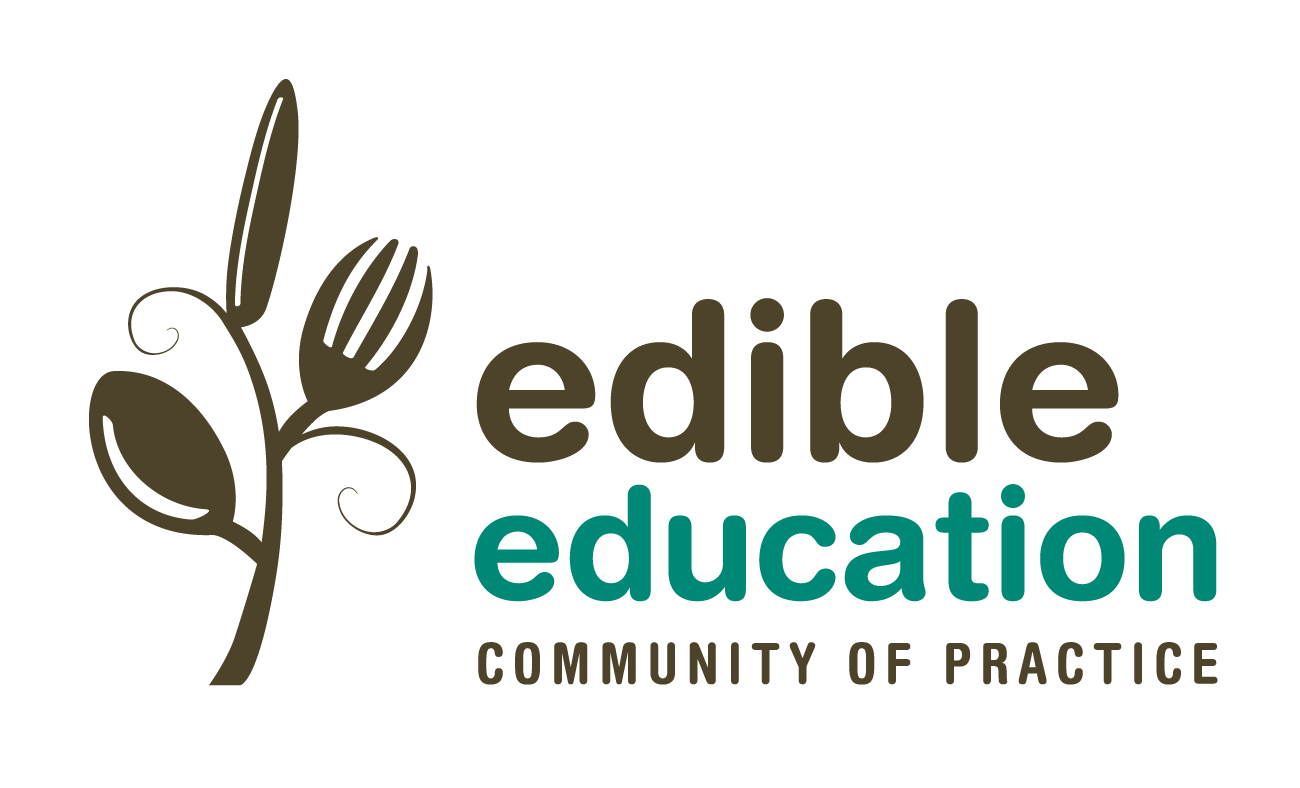 Overview
OverviewYou can view our full Terms of Reference here. These Terms were developed by a working group of Canada Digs In! Partners and other school food practitioners who advised on the creation of the CoP. The Terms of Reference is a living document that will continue to evolve with the CoP.
To join the Edible Education CoP mailing list and receive updates about upcoming meetings, fill out the registration form.
You can also join our Facebook Group!
Have a question? Contact the CoP coordinator at
edible.ed@farmtocafeteriacanada.com
Register to receive an invite if you’re not already on the CoP list.
Since the launch of the Farm to School Canada Digs In! initiative in 2016, F2CC has been initiating and growing regional Farm to School communities of practice to support grant recipients and other school communities who are working to connect students to healthy, local and sustainable food at school.
In summer 2020, a few members of the Coalition for Healthy School Food came together to discuss the need for a space where school food practitioners from across the country could connect, share resources, and support each other with regards to food literacy and edible education efforts. Similar conversations were happening here at Farm to Cafeteria Canada, so we took the opportunity to collaborate and develop an expanded, national community of practice as part of Canada Digs In!
Farm to Cafeteria Canada is pleased to host this Edible Education Community of Practice in collaboration with the Coalition for Healthy School Food and our shared regional partners.
The development of the Edible Education CoP is part of Farm to School: Canada Digs In!
A multi-sectoral chronic disease prevention partnership.

In addition to our Canada Digs In! partners, we would like to thank the following organizations
for their active involvement and advise the formation of this CoP: